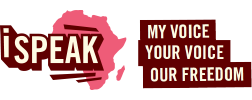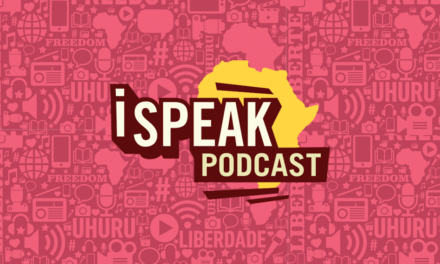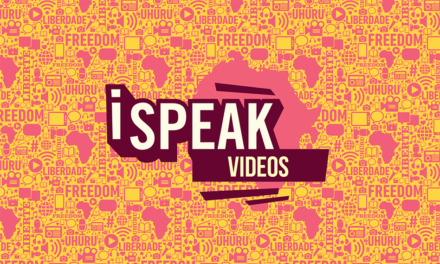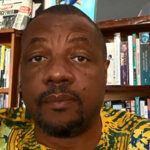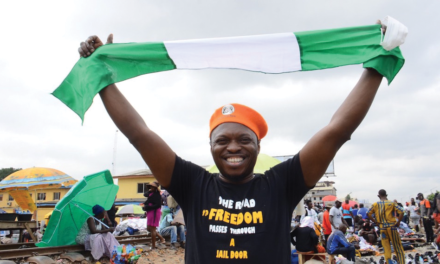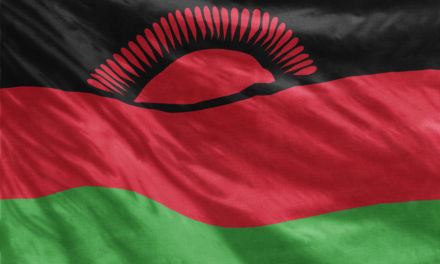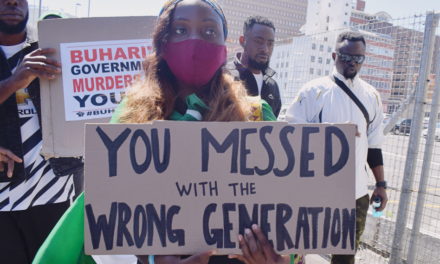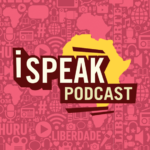
Caught in the crosshairs of Government and Platform Content Regulation
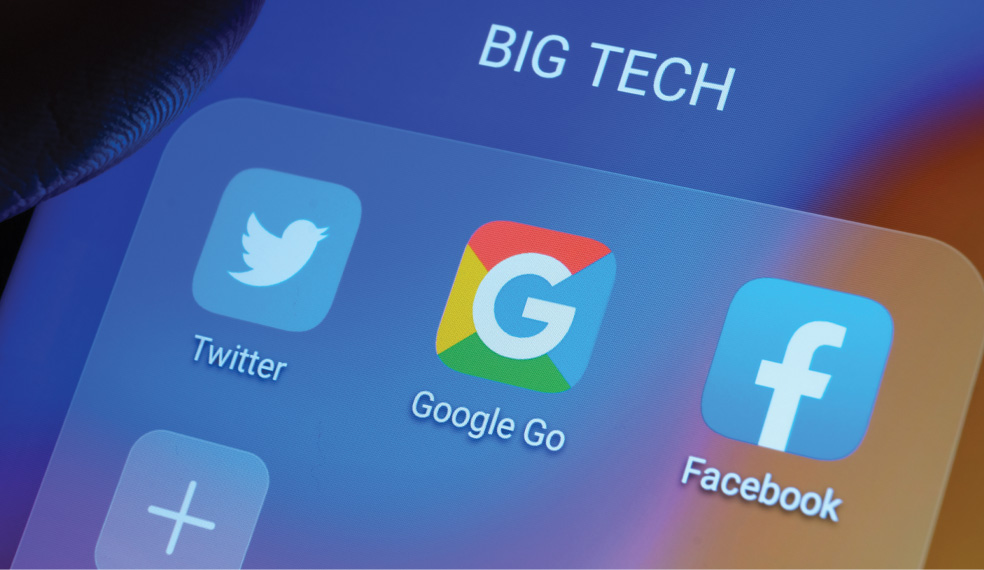
States and social media platforms are increasingly taking up the role of content gatekeeper. Where does this leave content creators?
Through its safeguard measures, the Windhoek Declaration had visualised the future potential of Africa’s media landscape, as moving away from monopolies, and state control. The Declaration served as a beacon of hope for the establishment and maintenance of a media that was pluralistic, independent and free, with the almost prophetic recognition that multiparty democracies across Africa would “provide the climate in which an independent and pluralistic press could emerge”.
Both the media landscape and internet access in Africa would go on to grow in tandem, accompanied by shifts in how news is gathered and disseminated and bringing with it an influx of new online content creators, and increasing questions on how to adapt, remain relevant and authoritative in the face of new regulations and gatekeepers.
For many countries in Africa, the state often played the role of gatekeeper, such as during apartheid-era censorship in South Africa which also affected countries like Namibia. Or the regulation was advanced through the monopoly of state-run media houses by one-party state governments. As the media and technology landscape has dramatically evolved, so have the rules of the media – especially those pertaining to regulation.
Today, the media is caught in a content regulation power struggle between governments and social media intermediaries.
While circling the age-old problems of harmful and unlawful content, misinformation and disinformation, governments have exploited these concerns to their benefit through the introduction of regressive laws and regulations which have often gone against the spirit of press freedom, freedom of expression, access to information, and media independence.
In a move described by critics as a drive to suppress and silence independent news sources, Egypt introduced a law in 2018 that would regard social media accounts and blogs with more than 5,000 followers as media outlets. This description provides the authorities an avenue to control the content that both citizens and the media can distribute – ultimately a form of fuelling self-censorship and limiting freedom of expression and access to information.
In October 2020, the Lesotho government proposed a regulation that would require individuals with more than 100 followers on social media platforms to register with authorities and be treated as internet broadcasters. These moves bear semblance to the Uganda and Tanzania online content regulations which also serve to monitor and control content producers. Meanwhile, Nigeria’s ‘Protection from Internet Falsehood and Manipulation Bill, 2019’ will allow the government to block internet access or specific social media platforms such as WhatsApp, Facebook and Twitter at its own discretion.
As the dependency on social platforms as a means of communication and expression, building and maintaining relationships grows – so does their power. In addition, navigating state online content regulations, content creators now have to contend with platforms playing the role of online content gatekeepers. Alongside this power is considerable influence, which in similarity to the government, moves to control information and is increasingly shaping online narratives.
When in 2019, Facebook deactivated the accounts of at least 60 activists in Tunisia, it passed it off as “a technical error” stating: “we recently removed a small number of profiles, which have now been restored. We were not trying to limit anyone’s ability to post or express themselves, and apologise for any inconvenience this has caused.” Then in 2021, there were reports of an increased state-initiated crackdown on social media activists who shared critical opinions about the government online and called for protests.
In Uganda, ahead of the January 13, 2021 election, Facebook suspended the accounts of a number of government officials for what it described as Coordinated Inauthentic Behaviour (CIB) aimed at manipulating public debate ahead of key elections. A similar stance was taken by Twitter which also suspended accounts targeting the election. The Ugandan government immediately responded by blocking social media access before shutting down the entire internet, echoing sentiments similar to those expressed by social media platforms.
Although states and platforms alike are tackling problematic content concerns, a “one size fits all” may serve to exclude rather than include members of the digital society.
In 2018, Facebook announced that it planned to prioritise high-quality news on the platform by allowing its users to rank news sources that they deemed as the most credible and trustworthy. The countries where the ranking works include Brazil, France, Germany, India, Italy, Spain, the US, and the UK.
As such, David Kaye, former Special Rapporteur of Freedom of Information echoed the sentiments of many when he asked, “What will Mark Zuckerberg do when the needs of the community, in what it determines is trusted news, are different from what the government determines? Who will Facebook side with?” To date, no African countries have been included in the news ranking approach where their exposure to the whims of State online content regulation is particularly high especially during times of public protest and elections – which often coincide with increased levels of misinformation and disinformation from multiple fronts.
Unlike states who have made it blatantly obvious whose interests they serve in their content moderation stance, the interests of platforms remain a grey area despite their continued insistence of working against misinformation and fake news. With content as a business model, accompanied by increasingly shrewd algorithms, platforms are caught doing a balancing act between being content gatekeepers and maintaining profits – both of which appear to be incompatible with digital rights. However, platforms are driven by advertising revenues heavily reliant on content algorithms, thus the interests of big business likely surpass the interests of users.
As internet access on the continent continues to grow, African media is faced with challenges that were non-existent 30 years ago. Meanwhile, content increasingly curated by states or platforms also introduces a dynamic for the viability of the media as the concept of the content creator and information gatekeeper is changing.
Perhaps, now is the time to revisit some of the principles of the Windhoek Declaration given the new realities of governments, the media, and global platforms in Africa.
